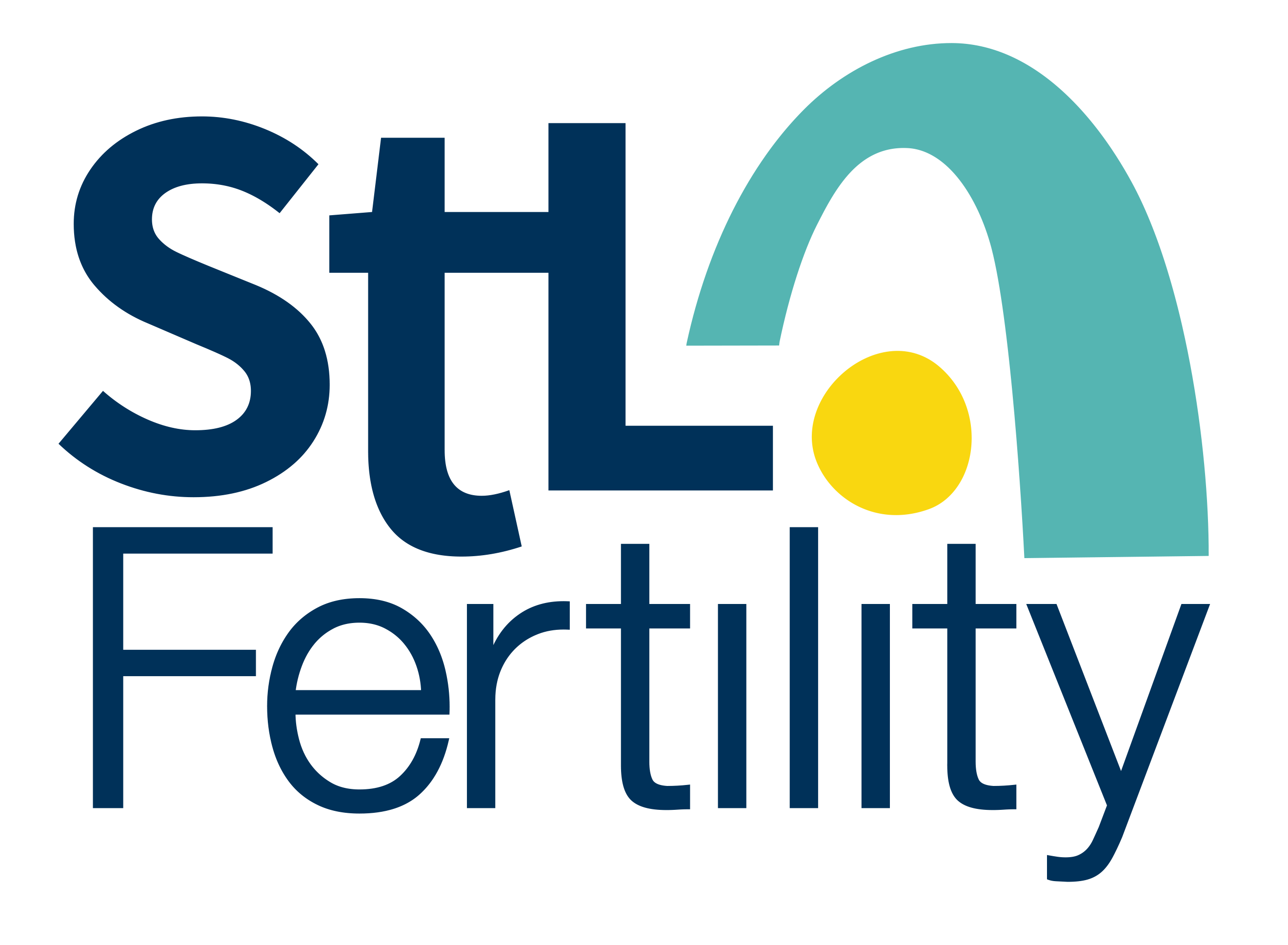As COVID-19 spreads around the world and throughout the United States, we know that patients are concerned while undergoing fertility treatment. This short blog is to provide information regarding: COVID-19 and pregnancy, as well as potential methods of controlling the spread of COVID-19.
Because COVID-19 is so new, we do not currently know if pregnant women have a greater chance of getting sick from COVID-19 than the general public, or whether they are more likely to have serious illness as a result. Pregnant women experience changes in their bodies that may increase their risk of some infections. With viruses from the same family as COVID-19, and other viral respiratory infections, such as influenza, women have had a higher risk of developing severe illness. It is always important for pregnant women to protect themselves from illnesses.
One thing to point out is that COVID-19 is not related to the ZIKA virus. Zika is known to have an adverse impact on fetal development.
Currently there is very little that is known about COVID-19 and its effects on reproduction and pregnancy:
- Risk to mother: Because COVID-19 is so new, there is limited information available about the risks to the mother (and fetus) if contracted during pregnancy. In general, pregnant women are more susceptible to viral respiratory infections, such as influenza, and may be at risk for more severe illness. Initial published data are is reassuring for the severity of illness for pregnant women with COVID-19 but this ese data is are very limited.
- Risk to fetus: We still do not know if a pregnant woman with COVID-19 can pass the virus to her fetus during pregnancy or delivery. There is even less information available about risks to the fetus when the virus is contracted in the first or second trimester. Data from other similar illnesses are reassuring, suggesting no increased risk of miscarriage or birth defects. However, with other viral illnesses (such as SARS), if the infection is severe, increased risks including miscarriage and preterm birth have been observed. No infants born to mothers with COVID-19 have tested positive for the COVID-19 virus. In these cases, which are a small number, the virus was not found in samples of amniotic fluid or breastmilk.
Things to consider and to reduce chance of infection or transmission to others:
- Cover your cough (using your arm is a good technique)
- Avoid people who are sick
- Clean your hands often using soap and water or alcohol-based hand sanitizer. Strict personal hygiene, especially hand-washing, and avoiding potential exposures are the most important measures you can take to protect yourself, your family and community.
- Social distancing is key – avoid gatherings of more than 25 people. Sports organizations, theaters, concert venues, colleges/public school systems, bars/restaurants are temporarily shutting down for this purpose.
In our office, we are limiting the number of people in our office at one time. For example, all consultations are being converted to telephone or Skype. We’ve asked children to not be brought into the clinic and we’ve asked partners/family members to not come into the office to avoid crowding in the waiting room. All patients are being screened for exposure risk and anyone who screens positive for a risk factor will have their appointment rescheduled. We have increased the frequency at which we are disinfecting the common areas of the office. And the list goes on and on.
The COVID-19 pandemic will add worry to an already stressful time. Remember that distance does not have to mean disconnection. We can keep physical distance from one another but still connect to one another. These uncertain times are a reminder of how our individual health and wellness is interconnected to one another. This is a time to remember what it means to care for the collective and the greater good. Our actions impact one another. This is a time which has never been experienced by any of us before. Let’s work together to ensure that COVID-19’s spread is quickly stopped. Together. All. The. Way.
